エアロジニー — あなたのインテリジェントな副操縦士。
現在のトレンド
Categories
Leading Companies in Aviation Artificial Intelligence: Airbus, Amazon, Lockheed Martin, Tata Power, Thales
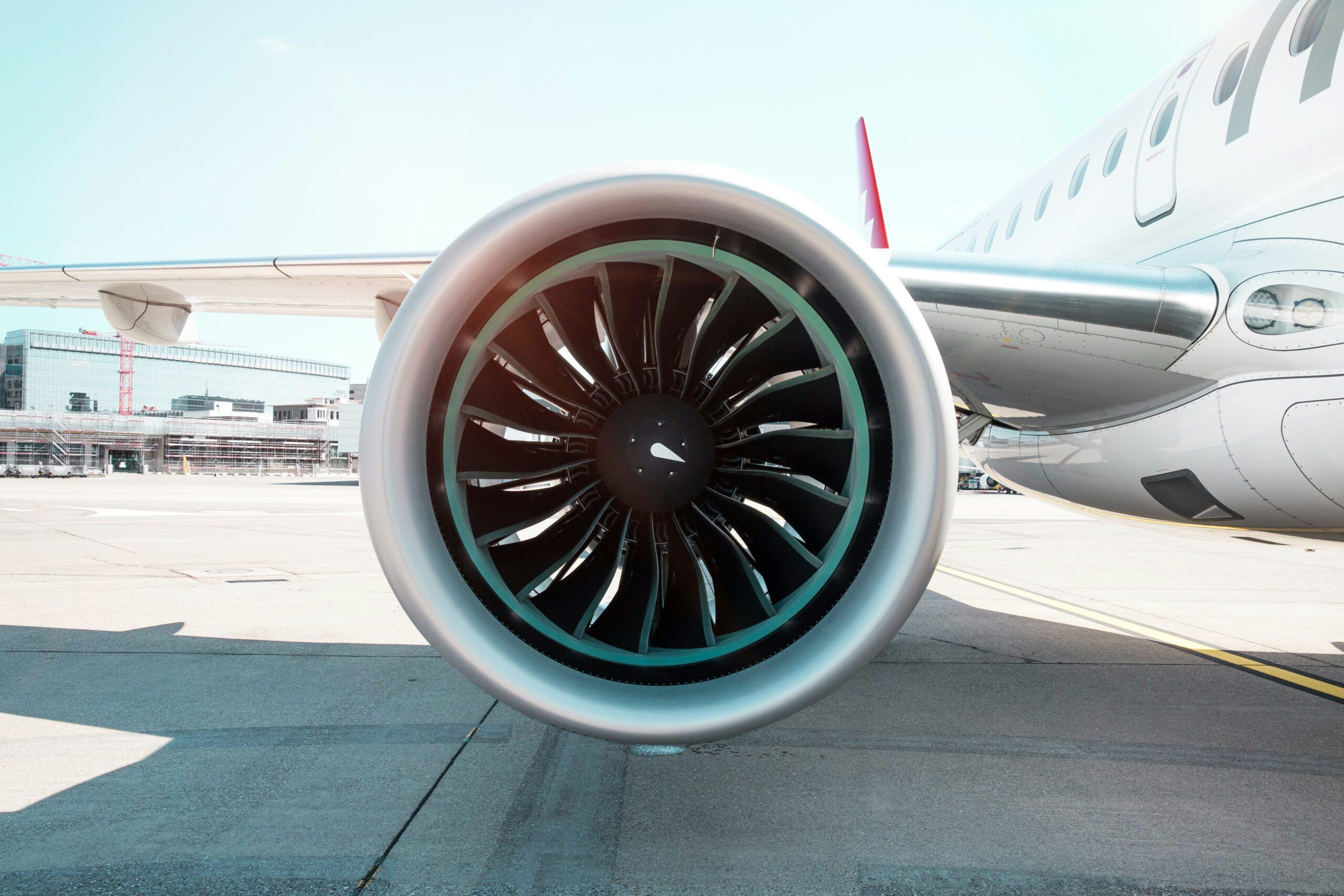
Leading Companies in Aviation Artificial Intelligence: Airbus, Amazon, Lockheed Martin, Tata Power, Thales
The integration of Artificial Intelligence (AI) within the aviation sector is rapidly reshaping the global aerospace and technology landscape. Airlines, airports, original equipment manufacturers (OEMs), and technology leaders are increasingly embedding AI across core operations, ranging from predictive maintenance and autonomous systems to personalized passenger services and air-traffic optimization. As competition intensifies, these companies are leveraging AI to enhance safety, reduce operational costs, and develop enduring digital capabilities.
Strategic Initiatives Among Industry Leaders
Airbus is at the forefront of AI innovation in aviation, investing significantly in AI-enabled cockpit systems, intelligent aircraft operations, and advanced air-traffic management solutions. Its "Skywise" platform exemplifies a leading aviation data ecosystem, enabling airlines to optimize fleet efficiency through sophisticated machine learning techniques. Airbus’s commitment to innovation, combined with its collaborative cloud infrastructure and strong partnerships with global carriers, provides it with a substantial strategic advantage.
Amazon applies its extensive cloud computing and AI expertise to support aviation clients through scalable data analytics, machine learning, and operational optimization. However, concerns have emerged regarding the sustainability of AI spending among hyperscalers such as Amazon and Microsoft. Industry figures, including Sundar Pichai, have cautioned against what they describe as irrational exuberance in AI investment, suggesting that a more measured approach may be necessary to ensure long-term viability.
Lockheed Martin is advancing AI integration within aerospace and defense, with a particular focus on autonomous systems and predictive analytics. Its recent collaboration with PsiQuantum in quantum computing underscores a strategic effort to maintain leadership in next-generation technologies. Should the anticipated AI investment correction materialize, defense-related AI development may experience a shift, with national defense organizations potentially assuming greater responsibility for foundational research and development.
Tata Power is emerging as a significant contributor by applying AI to optimize energy management and sustainability within aviation infrastructure. Its initiatives assist airports and airlines in reducing carbon emissions and enhancing operational efficiency through intelligent energy solutions, aligning with broader environmental objectives.
Thales specializes in AI-driven avionics, cybersecurity, and air-traffic management systems. The company’s robust research and development capabilities, coupled with its global footprint, enable it to deliver advanced solutions tailored to both commercial and defense aviation sectors.
Market Dynamics and Emerging Challenges
The AI aviation sector presents substantial opportunities but is not without risks. The rapid escalation in AI investment has prompted warnings from industry leaders about potential market irrationality. Analysts such as Vincent Carchidi have suggested that a market correction could lead to a realignment, with defense organizations potentially expanding their role in basic AI research. This evolving environment highlights the necessity for strategic agility among leading companies as they navigate an uncertain and competitive landscape.
Outlook
The AI in aviation market remains one of the most dynamic and competitive arenas within aerospace and technology. Companies including Airbus, Amazon, Lockheed Martin, Tata Power, and Thales continue to drive innovation while addressing emerging challenges. As the sector matures, achieving a balance between investment, sustainable growth, and technological leadership will be essential for maintaining long-term success.
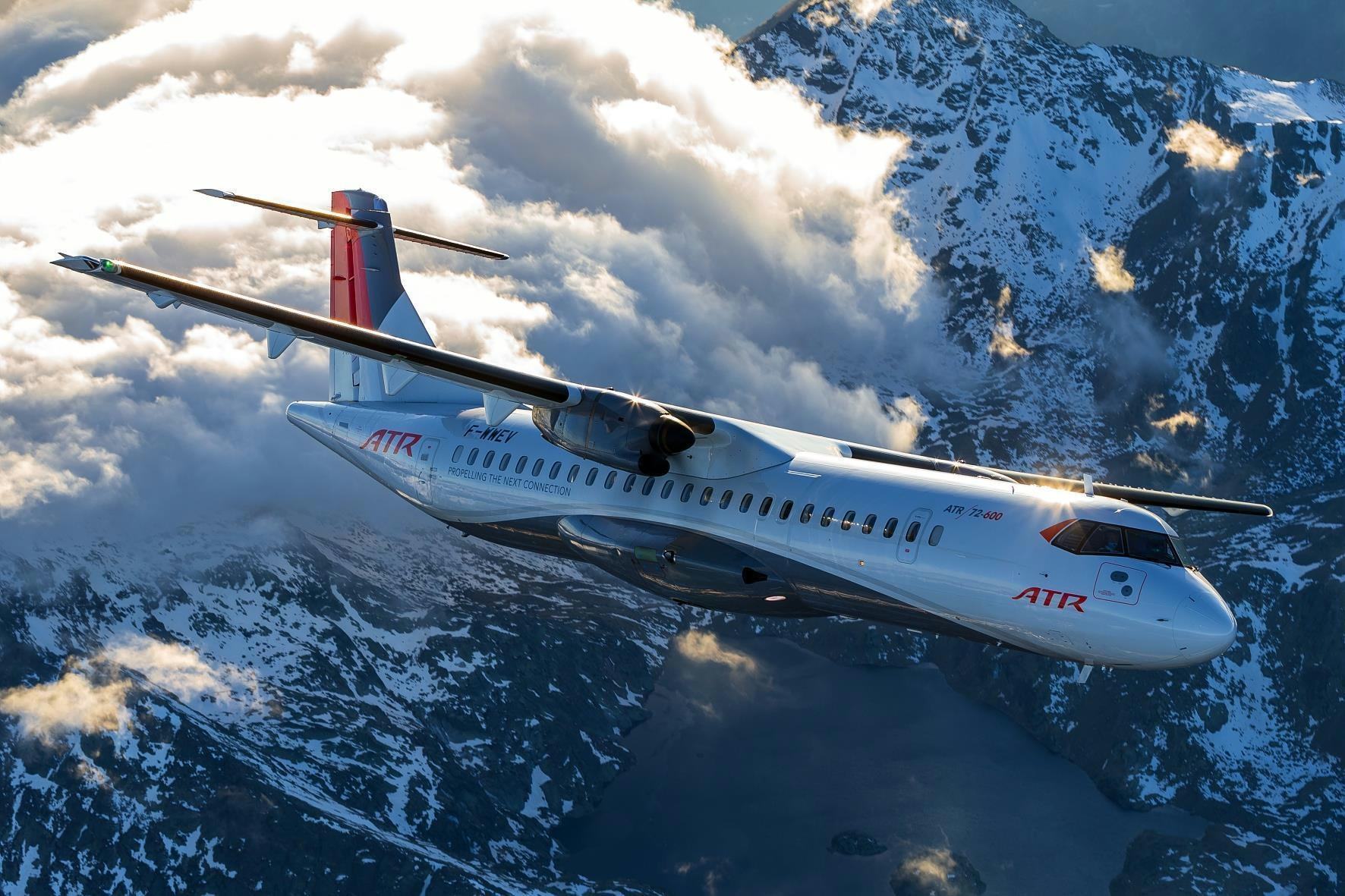
ATR Airlines Misses Targets Amid Aircraft Delivery Delays

Sen. Jerry Moran Proposes Bipartisan Bill to Improve FAA Certification for Advanced Air Mobility
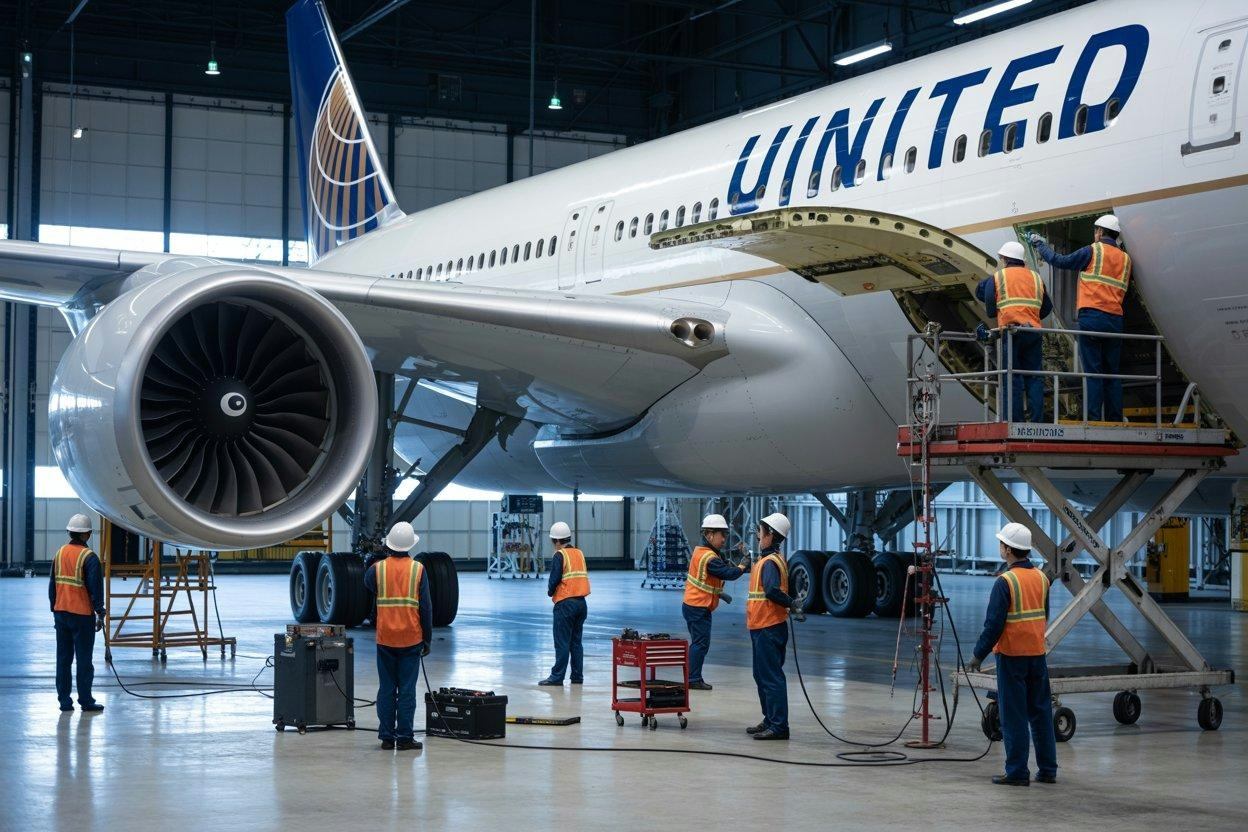
US Audit Identifies FAA Oversight Gaps at United Maintenance

The Impact of Agentic AI on Airport Operations
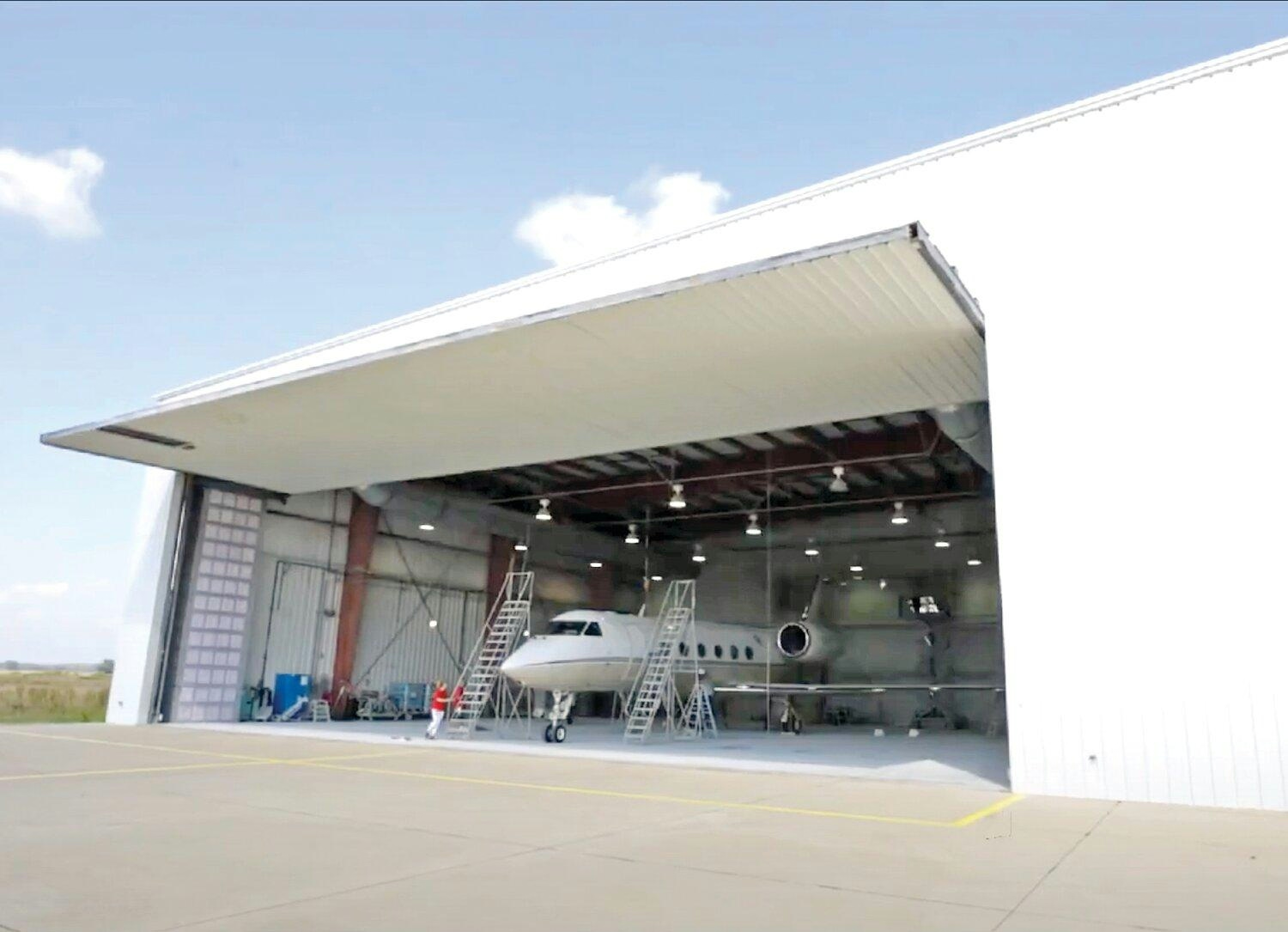
West Star Aviation Announces Expansion in Chattanooga
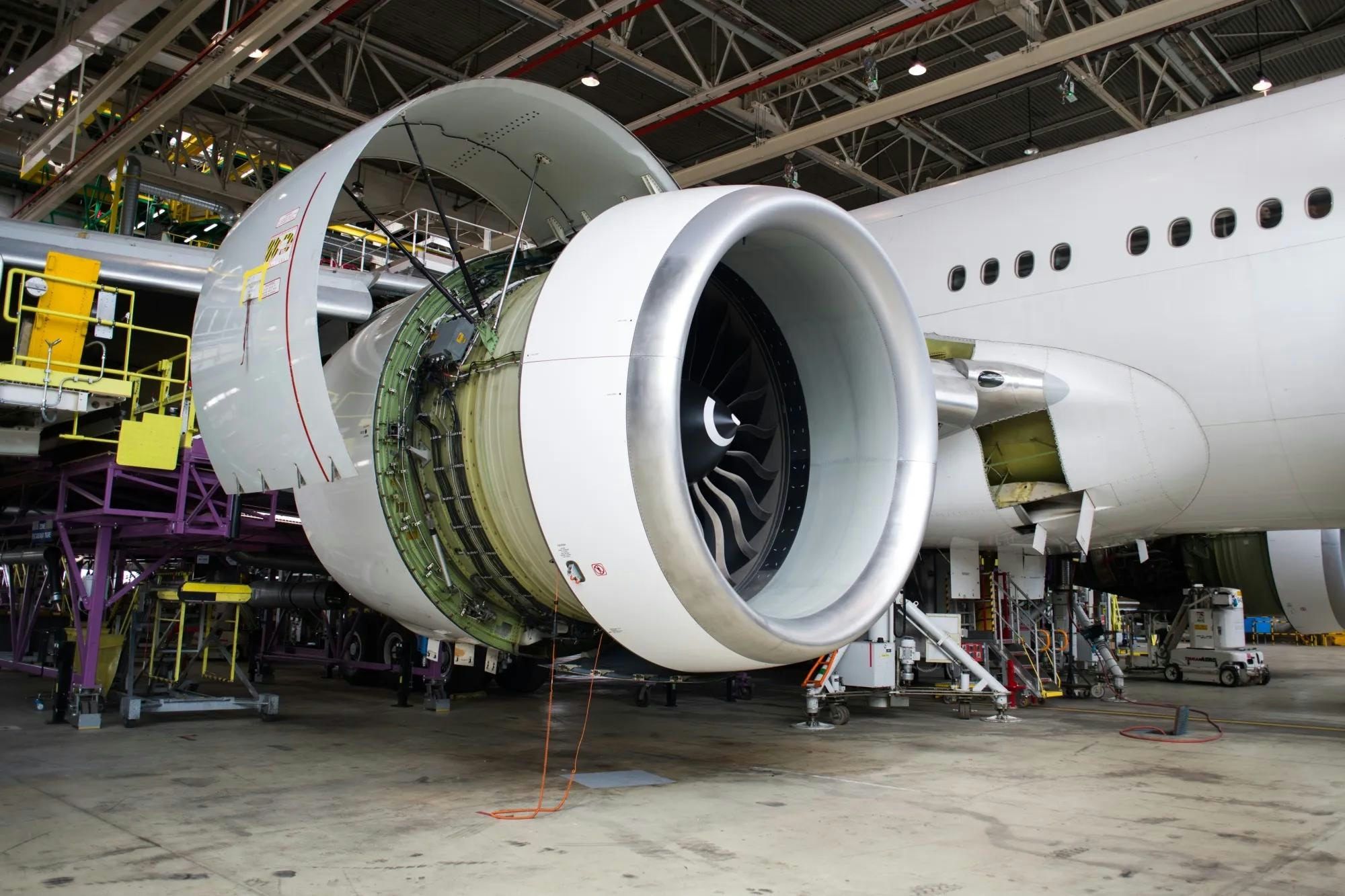
Signs Point to Easing of Aerospace M&A Backlog by 2026

Aviation Design Software Market Projected to Reach $2.8 Billion
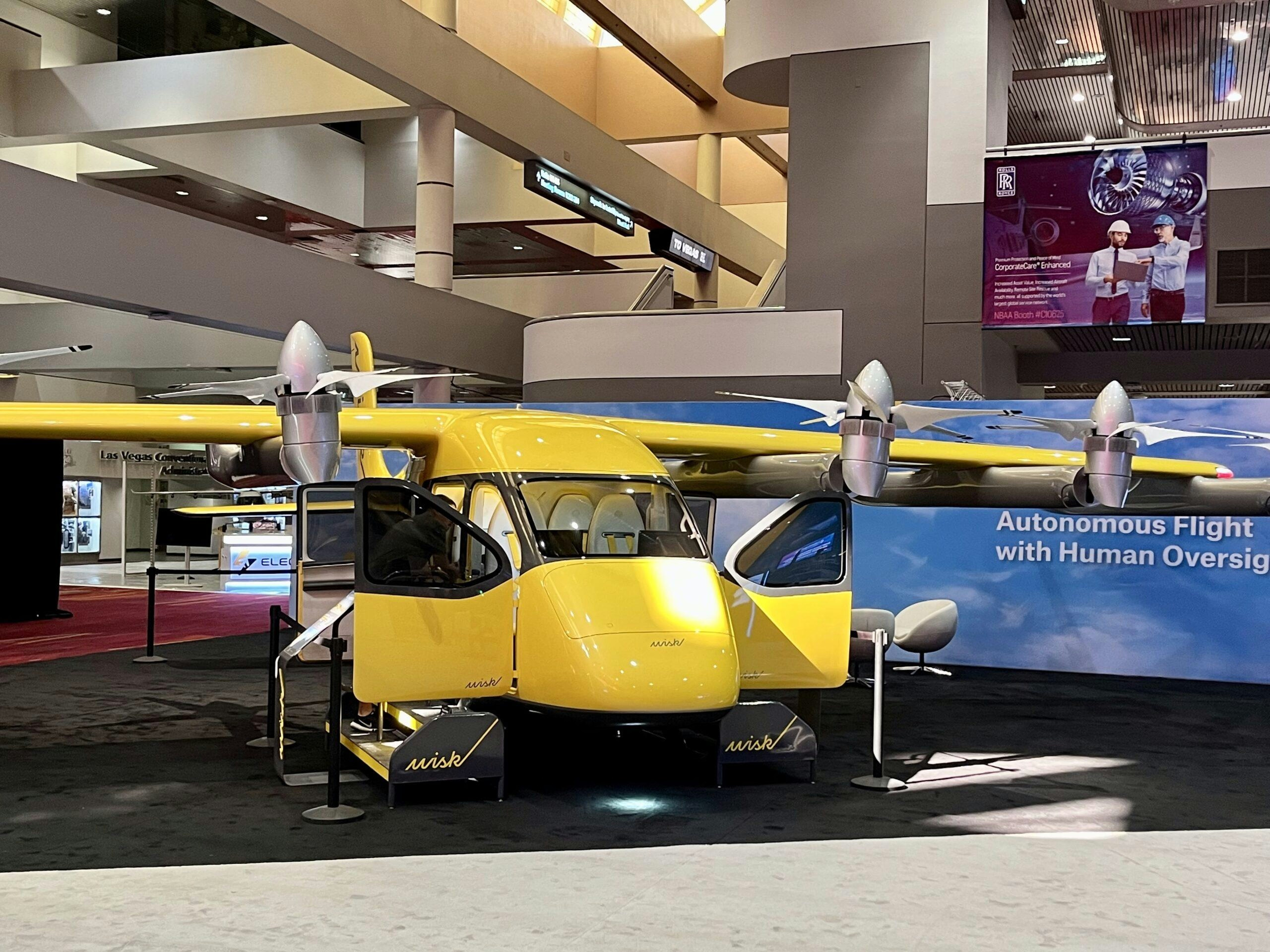
The Future of Aviation in Africa Amid Digital Transformation
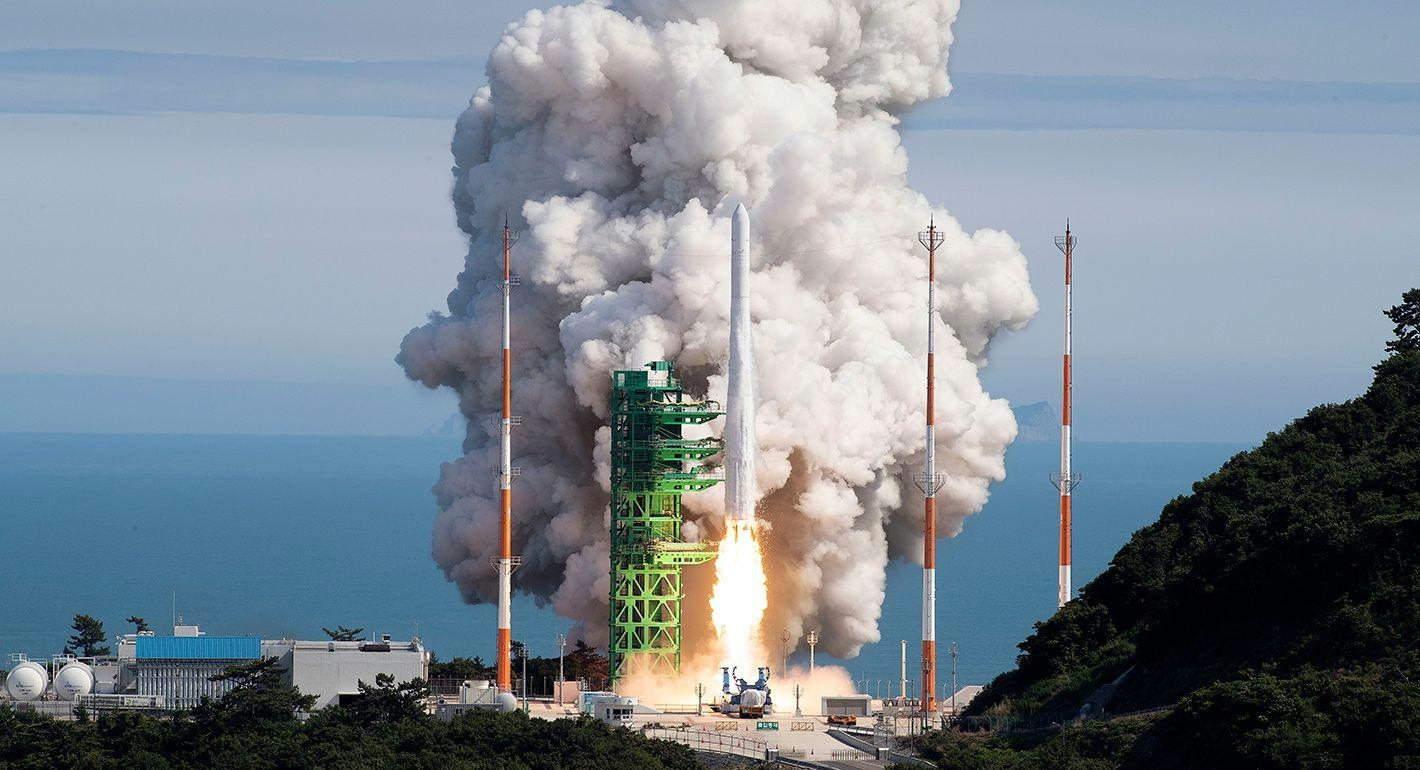
Gyeongnam Province Unveils Mid- to Long-Term Aerospace Industry Roadmap
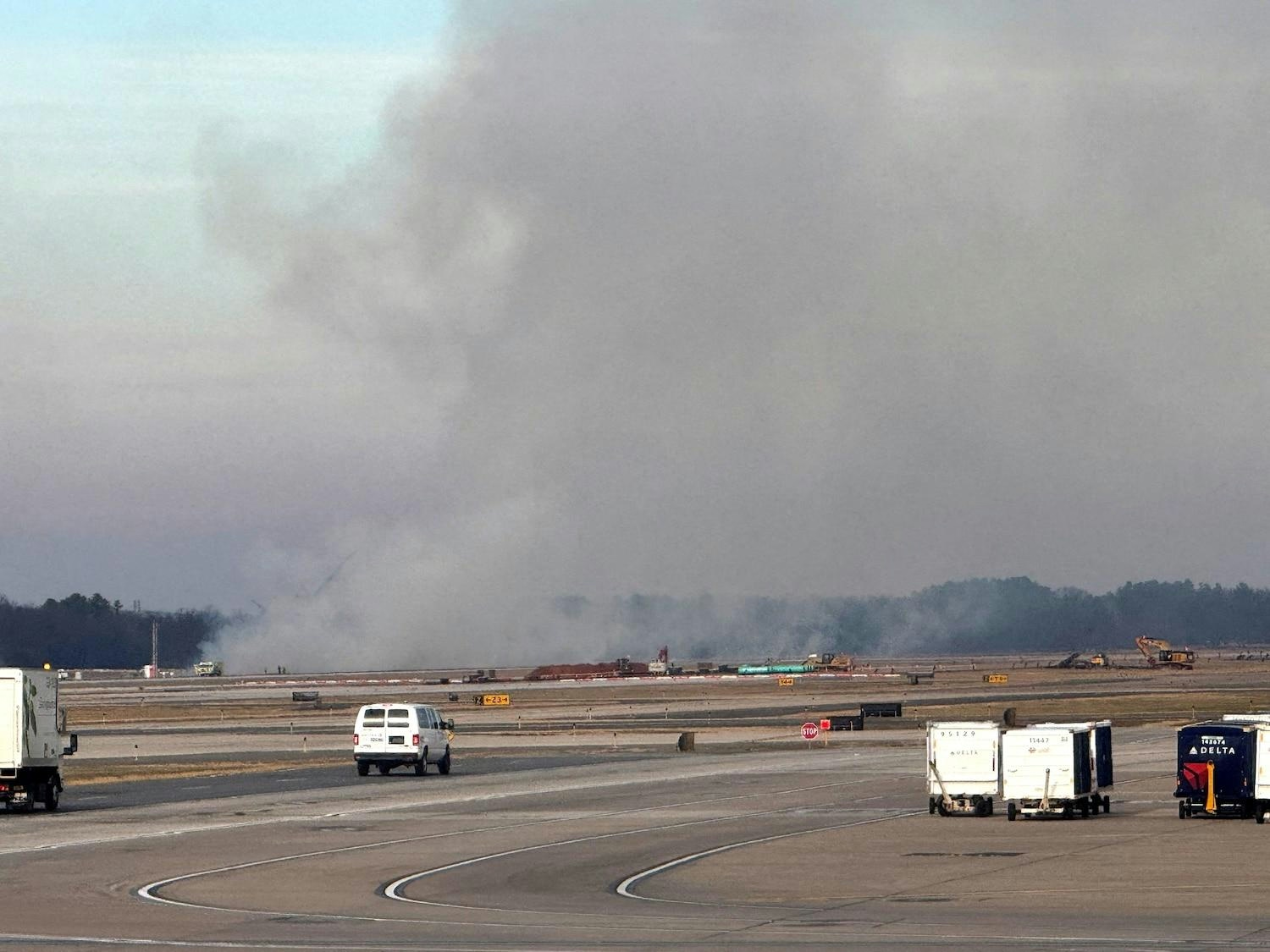
Delta Flight to Atlanta Suffers Engine Trouble, Sparks Grass Fire at Airport
